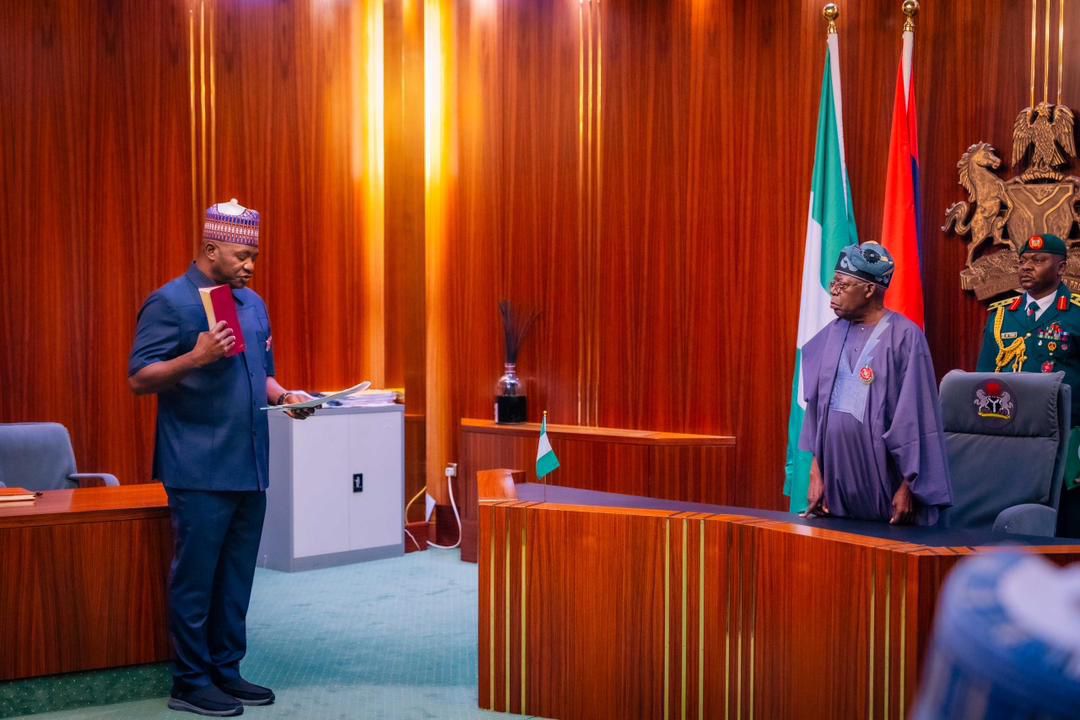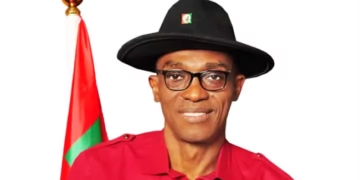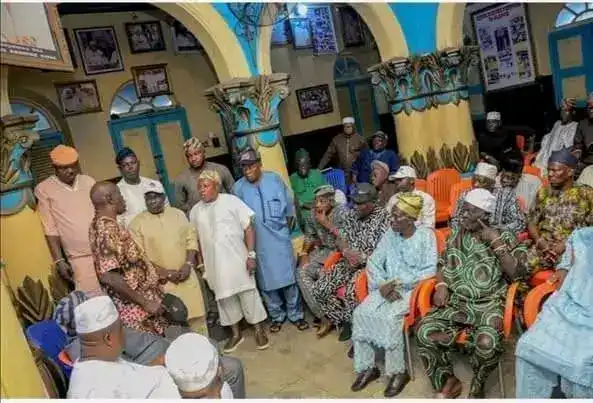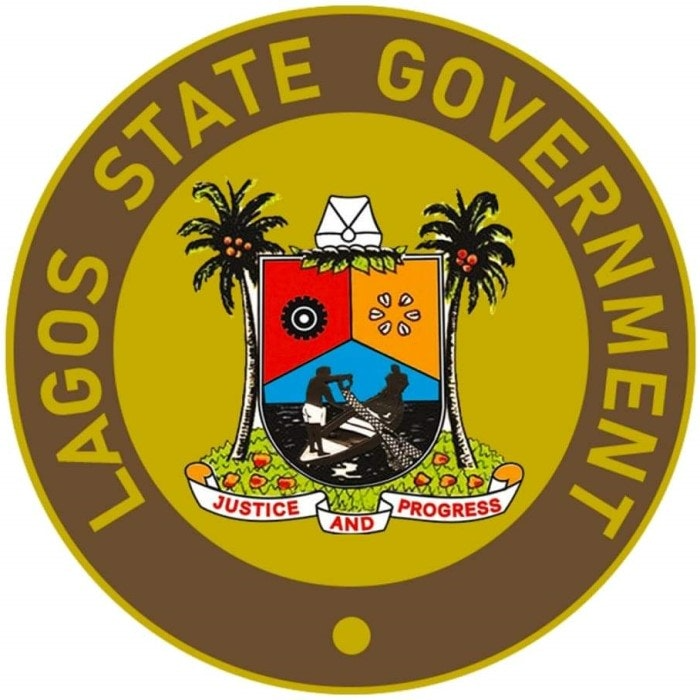The National Council of State approved President Bola Tinubu’s nomination of Professor Joash Ojo Amupitan as the new chairman of the Independent National Electoral Commission on Thursday. The decision clears the way for Senate confirmation, following the end of Professor Mahmood Yakubu’s 10-year tenure last month.
Tinubu presented Amupitan’s name during a meeting at the Presidential Villa. Council members, including former presidents, governors and national leaders, unanimously backed the choice. Amupitan, 58, from Kogi State in the North-Central region, is a law professor at the University of Jos. He is the first nominee from Kogi for the role.
The president described Amupitan as apolitical with strong qualifications in law. Amupitan specializes in company law, evidence law, corporate governance and privatization. He earned a law degree from the University of Jos in 1987, was called to the bar in 1988 and became a Senior Advocate of Nigeria in 2014. He holds a PhD from the same university and has authored books including “Corporate Governance: Models and Principles” and “Evidence Law: Theory and Practice in Nigeria.”
Yakubu served from 2015 to October 2025. His time in office included the introduction of the Bimodal Voter Accreditation System for the 2023 elections. Those polls faced complaints of technical issues and bias claims from opposition parties.
Kogi Governor Ahmed Usman Ododo praised the nomination. He called Amupitan a man of integrity who will improve electoral credibility. The Conference of Nigeria Political Parties also congratulated Amupitan and urged him to focus on transparency.
Opposition figures expressed mixed views. The Peoples Democratic Party’s Atiku Abubakar questioned the process, calling it executive interference. Labour Party leader Julius Abure said it was a step toward merit-based appointments but needs close watch. Civil society group Yiaga Africa welcomed the pick but stressed the need for reforms to build voter trust.
The Senate will screen Amupitan soon. If approved, he will lead INEC through upcoming off-cycle elections in Edo and Ondo states next year, plus preparations for the 2027 general elections. INEC’s 2026 budget, at N304 billion, includes funds for technology upgrades like AI voter checks.
Nigeria has 93 million registered voters. A recent Afrobarometer survey shows 62 percent of people doubt election fairness, up from 45 percent in 2023. Low turnout, at 27 percent in 2023, highlights the challenges ahead.
Amupitan currently serves as deputy vice-chancellor at the University of Jos and pro-chancellor at Joseph Ayo Babalola University. He has held roles like dean of law at UNIJOS and board member for groups including the Council of Legal Education. He is married with four children.
The approval comes as Nigeria prepares for 93 governorship and local polls in 2026. Experts say Amupitan’s background could help address issues like missing ballot boxes from 2023 and gender gaps in INEC staff, where women hold 28 percent of key positions.
Tinubu’s administration has pushed electoral changes under the Electoral Act 2022. The new chairman will oversee diaspora voting trials and efforts to cut multiple registrations, which affected the last voter roll.
Reactions on social media show support from some users who see it as a fresh start. Others worry about ruling party influence. One post called it a “merited appointment” after years of controversy.
The move fits into broader governance talks at the council meeting, which also covered security and economic plans. No date is set for the full Senate vote, but it is expected within weeks.
Source: Read more at thisdaylive.com






























